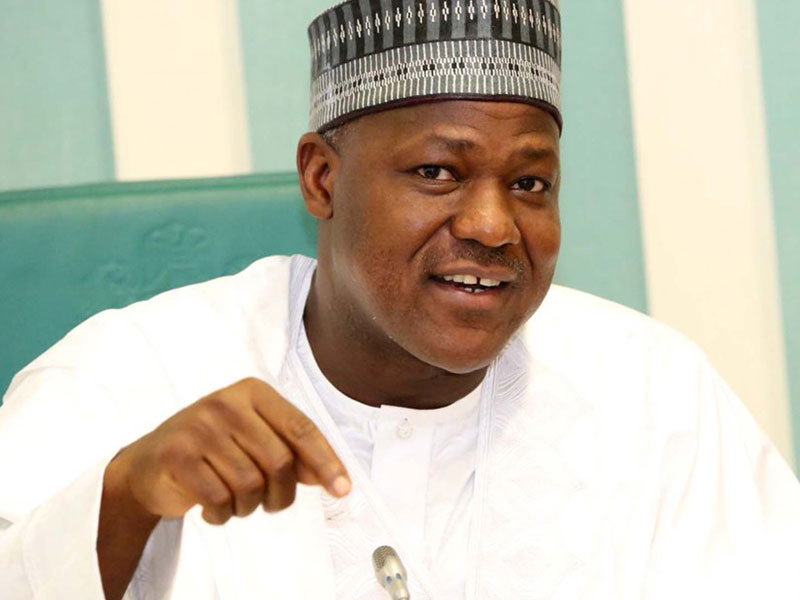Nigeria Sets Sights on Blue Economy for Economic Growth
Nigeria is poised to experience significant economic growth in the next five years through the Blue Economy, according to Senator Dayo Adeyeye, Chairman of the Nigerian Ports Authority. Speaking at a public lecture organized by the Centre for Blue Economy and Innovation at the Olusegun Agagu University of Science and Technology, Adeyeye emphasized the potential for the Blue Economy to drive Nigeria’s economic development.
The Blue Economy, a concept born out of the 2012 Rio+20 Conference, refers to the wealth-generating activities related to the ocean, seas, coastal environment, and inland waters. With a recent study by the Nigerian Maritime Administration and Safety Agency revealing $296 billion in untapped wealth from the Blue Economy, Adeyeye identified economic diversification, job creation, poverty reduction, food security, and environmental sustainability as key prospects for the sector.
To unlock the Blue Economy’s potential, Adeyeye recommended strategies such as food security, policy and institutional reforms, professional diversification, technology adoption, jobs and employment, tourism, and international cooperation. However, he also acknowledged challenges, including poor vision, insecurity, environmental degradation, corruption, inadequate educational frameworks, weak maritime governance, inadequate infrastructure, and poor data on maritime resources.
Ondo State Deputy Governor Dr. Olaide Adelami commended President Bola Tinubu for creating the Ministry of Blue Economy, citing its potential to diversify Nigeria’s economy and provide more dividends of democracy to its people. Professor Funmilola Agbebi, Director of the OAUSTECH Centre for Blue Economy, noted that the concept is not just a paradigm but a call to action, recognizing the immense potential of oceans, seas, rivers, and lakes as resources and ecosystems to be safeguarded for future generations.
Meanwhile, OAUSTECH Vice-Chancellor Professor Temi Ologunorisa highlighted the pressing need to explore the ocean for more resources, as 97% of the world’s resources lie within it, leading to a paradigm shift from land-based resources. With the university establishing a School of Maritime Studies and Logistics, Ologunorisa urged the state government to domesticate the Blue Economy agenda by creating a ministry to oversee it.
As Nigeria sets its sights on the Blue Economy, stakeholders, including the Nigerian Navy, Army, Police, and Department of State Services, attended the lecture, underscoring the sector’s critical importance in driving economic growth and sustainable development in the country.



